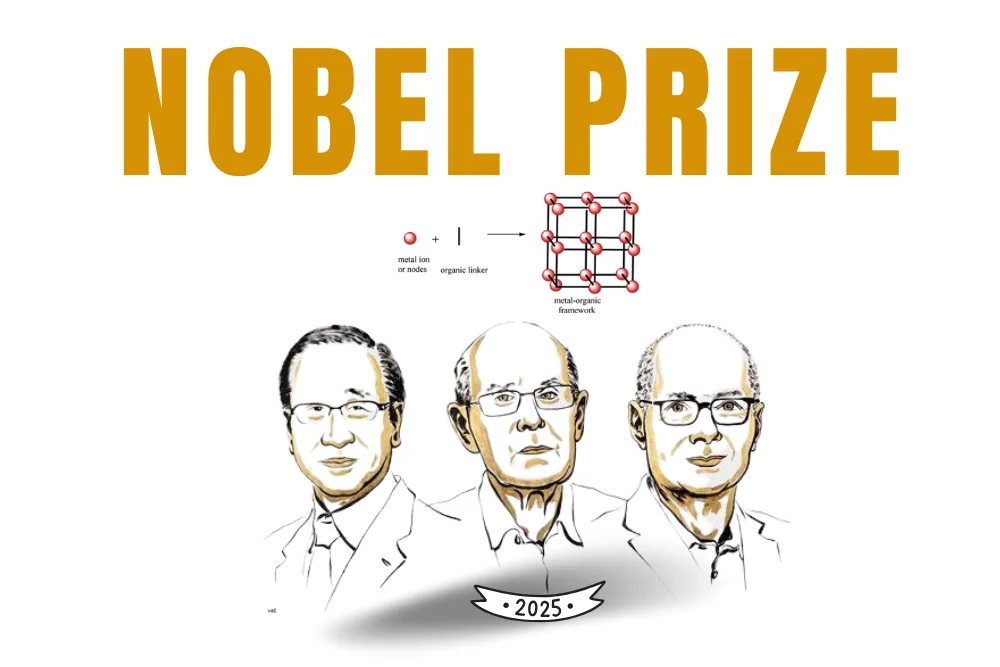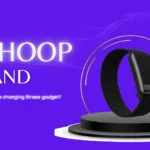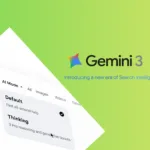Now Reading: Google’s 27th Birthday: A Journey of Innovation
-
01
Google’s 27th Birthday: A Journey of Innovation
Google’s 27th Birthday: A Journey of Innovation
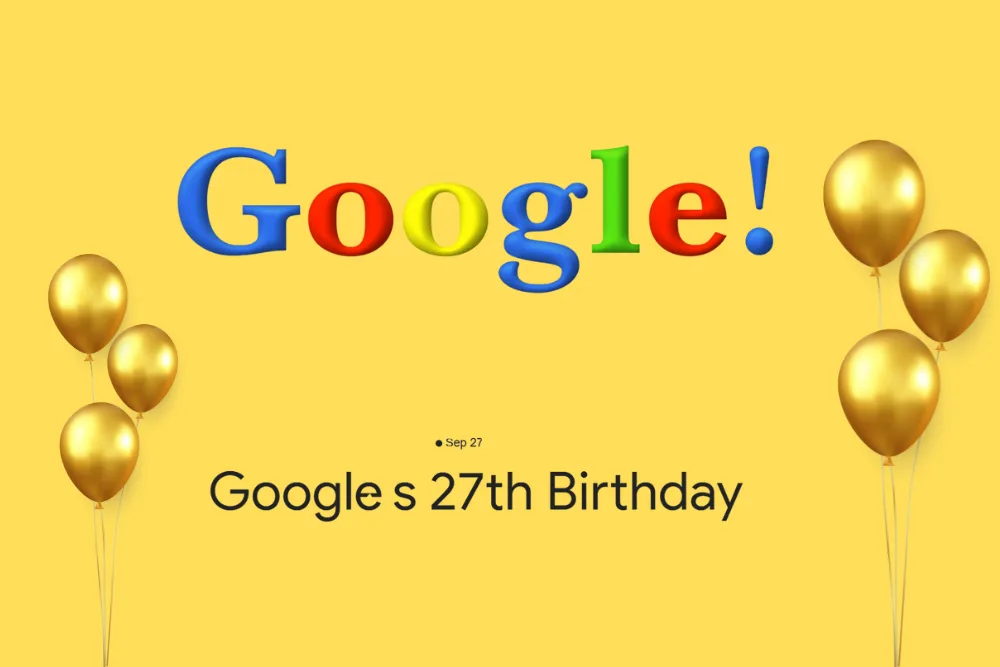
Happy Birthday, Gooogle! Once again, the internet’s favorite know-it-all turned a year older. On September 27, 2025, Google blew out 27 virtual candles, sprinkling a dash of nostalgia across the web with a quirky birthday doodle right on its homepage. Yep, even search engines get to party!
For millions across the United States, the doodle ignited memories of the search engine’s meteoric rise from a small Menlo Park garage to an essential part of everyday American life. Few companies have woven themselves so tightly into modern existence, and Google’s story stands as a testament to ambition, creativity, and technological progress.
From Garage Startup to Tech Titan
The Google journey began in 1996 when Stanford PhD students Larry Page and Sergey Brin developed BackRub, a project that ranked webpages using advanced link analysis. This academic innovation set the foundation for their future success. In 1998, Page and Brin officially incorporated Google, renting a garage from Susan Wojcicki in Menlo Park for their first office. The pivotal moment came when Andy Bechtolsheim, co-founder of Sun Microsystems, wrote a $100,000 check to “Google Inc.,” supplying the startup with its initial boost.
Within months, the company transitioned from its cramped garage to a Palo Alto office, signaling rapid expansion and attracting more talent. Google swiftly outgrew its original mission as a search engine, evolving into a vast technology ecosystem that includes Gmail, YouTube, Android, Google Maps, and revolutionary AI services.
The Meaning Behind ‘Google’
Many wonder: what does ‘Google’ mean? The term is a clever play on ‘Googol,’ a mathematical concept defined as one followed by one hundred zeros, or 10^100. The name was coined by Milton Sirotta, mathematician Edward Kasner’s nephew.
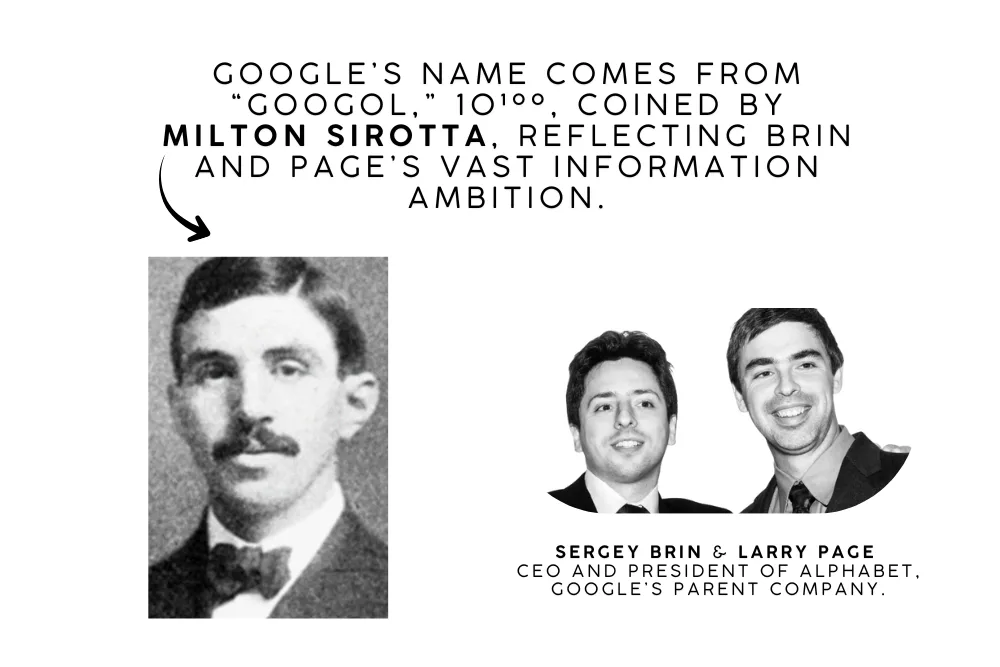
This mathematical idea underscored Page and Brin’s ambition to reflect the vast amount of information their search engine would handle. The name “Google” itself emerged only after an accidental misspelling during domain registration. Sean Anderson, a Stanford graduate student involved in the naming process, searched for “Googol” online and mistakenly typed “Google”—a domain name that was readily available. Larry Page embraced the quirky spelling, and the rest is history.
Birthday Doodles: Nostalgia and Innovation
Google’s celebration of its 27th birthday maintained its tradition of using playful Google Doodles. The 2025 doodle featured the original 1998 logo, capturing the spirit of the ‘90s while hinting at the future with a nod to Google’s latest AI innovations. These doodles connect with users on a personal level, transforming corporate milestones into fun, interactive moments. Over time, doodles have marked holidays, cultural events, and milestones, but the birthday designs stand out as self-congratulatory yet welcoming gestures from Google to its loyal user base.
Watch Google’s 27th Birthday Doodle
Google’s Impact on Everyday Life
The influence of Google extends beyond the search bar. From navigating busy streets with Google Maps to watching instructional videos on YouTube—are shaped by Google’s tools. The phrase “Just Google it” has become ubiquitous in everyday conversation, highlighting how deeply the brand is embedded in society. The evolution from dial-up internet and bulky desktops in 1998 to lightning-fast Google searches on mobile devices today underscores how Google has revolutionized information access for millions.
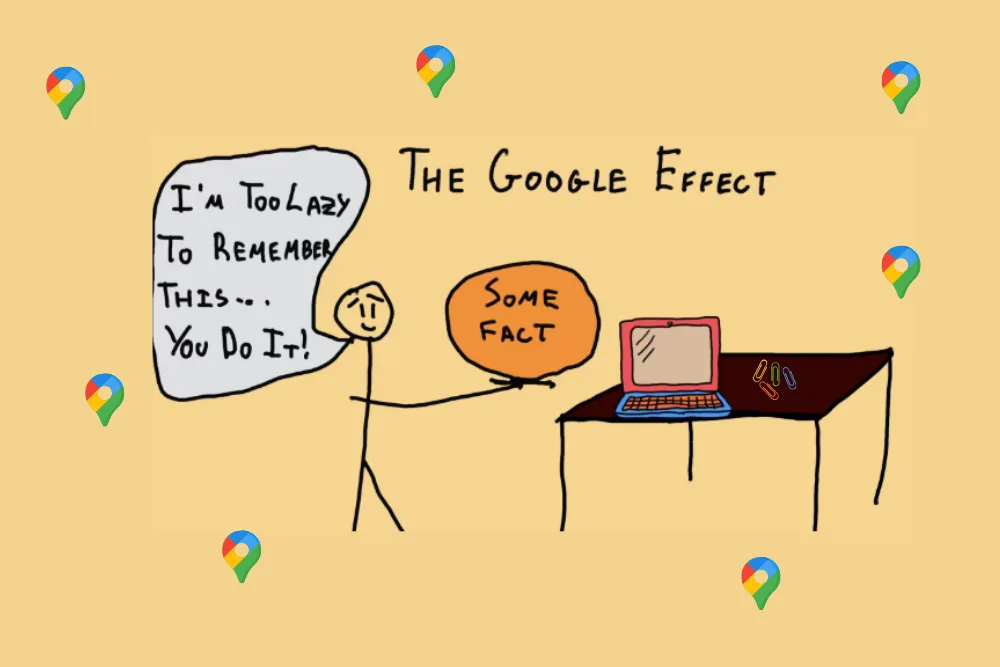
Looking Forward: What the Future Holds
While the 27th birthday doodle celebrated Google’s past, it also pointed toward a bright future. As Google invests further in AI, autonomous systems, and cloud technologies under its parent company Alphabet Inc., its influence and innovation show no signs of slowing. Sundar Pichai now leads both Google and Alphabet, while the founders retain majority voting control through high-voting Class B shares.
Americans can expect Google to keep evolving—by its 30th birthday, the world may see even more inventive doodles and transformative technologies.
You may also love to hear about the list of Google CEO’s
Frequently Asked Questions
Why is Google called ‘Google’?
Google is a play on the word ‘Googol,’ which means one followed by 100 zeros, reflecting the immense volume of data the search engine is designed to organize.
Who founded Google?
Google was launched by Larry Page and Sergey Brin, two Stanford PhD students who transformed a research project into a global company.
What was Google’s original name?
Before becoming Google, the search engine was called ‘BackRub,’ an academic project analyzing links between webpages.
How did Google become successful?
Google’s rapid success stemmed from groundbreaking search algorithms, early investment, constant innovation, and expansion into email, mapping, video, and mobile systems.
What is Alphabet Inc.?
Founded in 2015, Alphabet Inc. is Google’s parent company, overseeing its diversification into fields like AI, cloud computing, and self-driving technologies.
Bottom Line
Google’s 27-year journey epitomizes innovation and adaptability. From its origins as BackRub in a university garage to its role as a leader in artificial intelligence and digital solutions, Google’s influence is visible in daily routines and major technological shifts. Its playful birthday doodles remind users of the brand’s roots, while its commitment to moving forward ensures it will remain central to technological life for years to come.
Related searches:
Dony Garvasis is the founder of Search Ethics, a platform dedicated to transparency, authenticity, and ethical digital practices. With over 8 years of experience in SEO and digital marketing, I provide expert content on Tech, digital marketing, SEO, Artificial intelligence, gadgets, science, automobiles, lifestyle, tips, tutorials and much more. My mission is simple: Ethical Search, Genuine Results! I will make sure people everywhere get trustworthy and helpful information.



